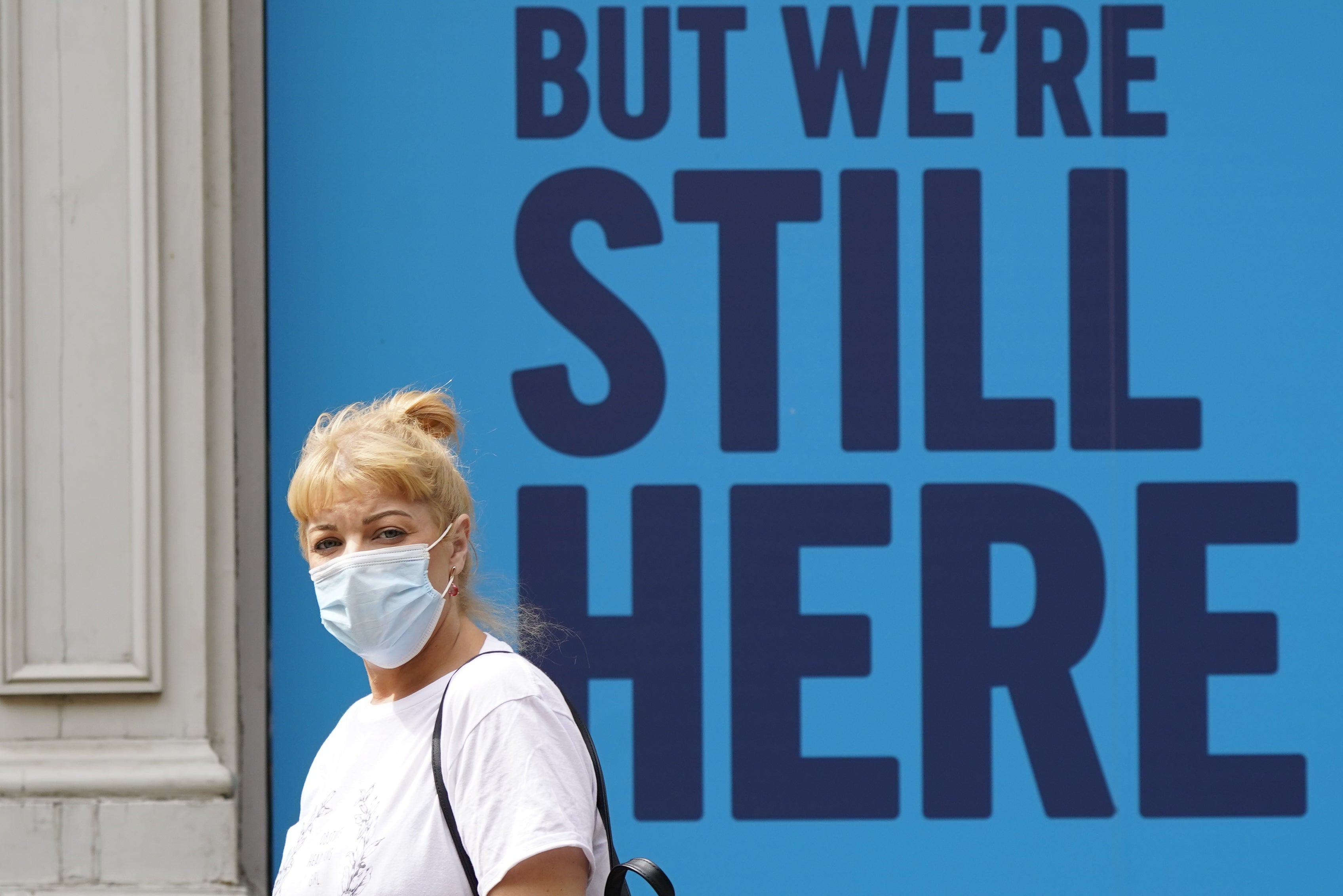Another part of the UK faces restriction easing delays as hospital numbers climb
A total of 1,136 patients were in hospital in the UK with Covid-19 on June 13.

Your support helps us to tell the story
From reproductive rights to climate change to Big Tech, The Independent is on the ground when the story is developing. Whether it's investigating the financials of Elon Musk's pro-Trump PAC or producing our latest documentary, 'The A Word', which shines a light on the American women fighting for reproductive rights, we know how important it is to parse out the facts from the messaging.
At such a critical moment in US history, we need reporters on the ground. Your donation allows us to keep sending journalists to speak to both sides of the story.
The Independent is trusted by Americans across the entire political spectrum. And unlike many other quality news outlets, we choose not to lock Americans out of our reporting and analysis with paywalls. We believe quality journalism should be available to everyone, paid for by those who can afford it.
Your support makes all the difference.The easing of coronavirus restrictions is set to be delayed in another part of the UK as the number of patients in hospital with Covid-19 has climbed to its highest level for more than a month.
Nicola Sturgeon said mainland Scotland’s move to the lowest level of restrictions will “likely” be pushed back by three weeks, a day after Boris Johnson confirmed a four-week delay to lifting the remaining restrictions in England.
Scientists had warned that the rapidly spreading Delta variant, which was first identified in India, would lead to a “significant” rise in hospital admissions if stage four of England’s road map went ahead as planned on June 21.
New figures show a total of 1,136 patients with Covid-19 were in hospital in the UK on June 13 – up 18% from a week earlier, and the highest number since May 7.
The figures were published on Tuesday afternoon on the Government’s coronavirus dashboard.
At the peak of the second wave of the virus, the number of hospital patients with Covid-19 in the UK stood at a record 39,249, on January 18.
Separate figures from NHS England show the number of patients in hospital in England is above 1,000 for the first time since May 5.
A total of 1,030 patients were in hospital as of 8am on June 15 – up 17% from a week ago.
In north-west England, the number of patients now stands at 349 – the highest total since April 14 and up 42% week-on-week.
Some 289 patients are in hospital in London: up 16% week-on-week and the highest number since May 4.
Meanwhile, Michael Gove has said something “unprecedented and remarkable” would need to happen for England’s July 19 “terminus date” for lifting Covid restrictions to be pushed back.
He said he shares Mr Johnson’s confidence that July 19 will see the final easing of lockdown measures, with the four-week delay announced on Monday buying more time for people to receive vaccinations.
Some Tory MPs have reacted with fury to the delay, and the news was described as a “devastating blow” for the night-time industry.
Sector leaders including the British Beer & Pub Association (BBPA), UK Hospitality and the Campaign for Real Ale (Camra) say they are “bitterly disappointed” by the delay to the full reopening.
In a letter to the Prime Minister they urge him to delay the reintroduction of business rates payments, which would cost the sector some £93 million in July, by at least three months.
They have also called on Mr Johnson to prioritise the additional £1.5 billion business rates support package announced back in March, to ensure eligible businesses such as brewers can apply as soon as possible.
It comes as Sir Simon Stevens chief executive of NHS England, said that all those over the age of 18 should be able to book for a vaccination “by the end of this week”, and that the NHS aims to offer second doses to two-thirds of adults by July 19.
Meanwhile, the new regulations were published to show they seek to extend the legal restrictions until the end of July 18.
They set out to remove “most limits” on the numbers of people who can attend a wedding or civil partnership, and receptions for them, but exclude those held in a “private dwelling”.